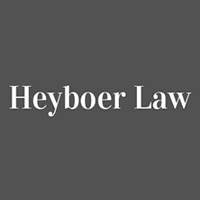Croswell Juvenile Law Lawyer, Michigan
Sponsored Law Firm
-
 x
x

Click For More Info:
-
Hannawa Law PC
2909 E Big Beaver Rd Troy, MI 48083» view mapCriminal Defense Law Full-service legal experts on your side.
Whatever the specific details of your situation may be, our attorneys are ready to fight for you and guide you through every step of the process.
248-466-0770
Not enough matches for Croswell Juvenile Law lawyer.
Below are all Croswell Criminal lawyers.
David R. Heyboer
✓ VERIFIEDWhen you've been arrested and facing criminal charges, there can be serious consequences for you and your family. Don't face your criminal charges alo... (more)
Denis J. McCarthy
✓ VERIFIEDDenis McCarthy proudly serves Metamora, MI and the neighboring communities in the areas of Criminal Defense, Divorce & Family Law, Accident & Injury, ... (more)
Randall L. Shepard
✓ VERIFIEDFor over three decades, local attorney Randall Shepard has provided legal guidance to clients through Southeastern Michigan. We provide state and fede... (more)
 Nickolas Hannawa Troy, MI
Nickolas Hannawa Troy, MI AboutHannawa Law PC
AboutHannawa Law PC




